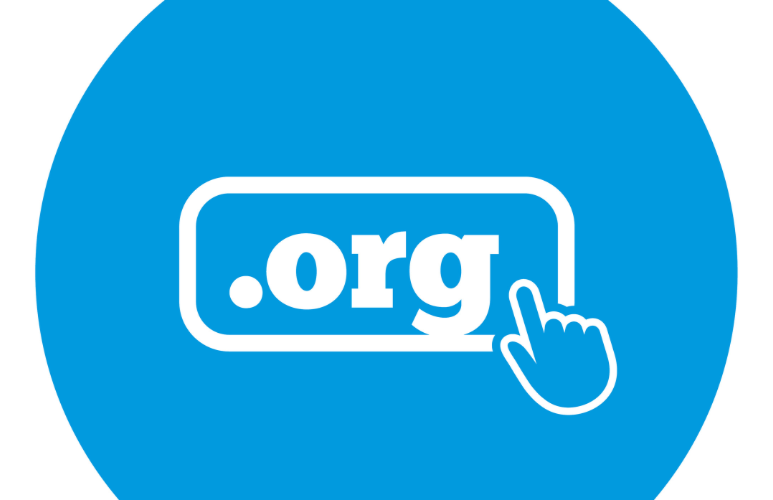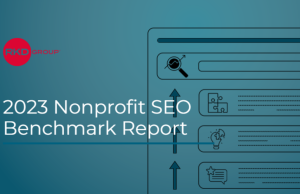The California Attorney General’s Office has jumped into the proposed sale of Public Interest Registry (PIR) and the .ORG domain to a venture capital firm, sending a letter to the Internet Corporation for Assigned Names and Numbers (ICANN) asking 35 questions.
The questions don’t just ask about the sale but also go back to when price caps were removed from the .ORG registration fees.
In turn, ICANN’s general counsel has sent a letter to PIR proposing that the current decision deadline date of Feb. 17 be pushed back to April 20. The NonProfit Times has obtained both documents.
Deputy Attorney General Sandra Barrientos sent the letter to the board of ICANN with the subject line “In the Investigation of the Proposed Sale of PIR to Ethos Capital. Matter ID: LA2020500139.” Registered as a nonprofit in California, ICANN is “subject to regulation by the California Attorney General,” Barrientos wrote.
The letter comes days after the National Association of State Charities Officials (NASCO) and six members of Congress have ratcheted-up the pressure on ICANN to stall the sale of PIR to venture firm Ethos Capital for $1.13 billion. In a two-page letter signed by NASCO President Yael Fuchs, ICANN’s board was alerted that NASCO members have “increasing concerns” regarding the sale and hope ICANN will “allow sufficient time” to consider the concerns “in its review of the proposed transaction.” Fuchs is also co-section chief of the Office of the Attorney General of New York.
NASCO highlighted concerns regarding the conversion of charitable assets to a for-profit entity with undisclosed minority investors, the potential removal of federal and state oversight of charitable assets, governance, and tax-exempt status, loss of the mission of serving the public interest online, the likelihood that a for-profit owner would maximize its profits at the expense of nonprofits, and, the adverse impact on the credibility of the .org domain as an indication that content on websites is published “for reasons other than profit.”
ICANN and PIR agreed to an additional 30 days for review, extending ICANN’s review period until Feb. 17. Now ICANN is suggesting that date be pushed out to April 20.
U.S. Senators Elizabeth Warren (D-Mass.), Ron Wyden (D-Ore.), Richard Blumenthal (D-Conn.), Edward J. Markey (D-Mass.), and Representatives Anna G. Eshoo (D-Calif.) and Mark Pocan (D-Wis.) also sent a letter to the ICANN board. They wrote that after a review of documents the “Ethos Capital takeover of the .ORG domain fails the public interest test in numerous ways: it threatens the quality and reliability of .ORG websites, and could severely limit access to these domains via price increases and arbitrary censorship.”
The State of California has requested all registry agreements entered into by ICANN and PIR (and/or the Internet Society) including any amendments, extensions, or other documents regarding the agreements; and all “Notices of Indirect Change or Control and Entity Conversion from PIR and/or ISOC to ICANN including all prior notices, where these were acted on or not; all correspondence, including emails, between PIR and or ISOC and ICANN regarding the proposed sale; and whether ICANN ever conducted or reviewed any analysis of the monetary value of the .ORG registry agreement.”
The state also wants documents on conflict of interest policies and information on removal of the caps on fees.
Barrientos’s letter was dated Jan. 23. On Jan. 30, ICANN’s general counsel, John Jeffrey, sent a letter to PIR President and CEO Jon Nevett attaching the letter from Barrientos. Jeffrey has asked for a response by Feb. 3 (Monday).
The members of Congress wrote that public interest should be at the forefront of any ICANN decision, but it should be especially so in determining who should be approved to operate the .ORG registry.
A spokesman for ICANN said that organization was unable to “give you a comment at this time.” Ethos was also asked for a comment and while one was promised was not provided at posting time.
“We have received the letter and are reviewing it, and will work with ICANN to address the questions,” according to a statement issued by PIR.
“I’m really glad to see this call for transparency, not only to specifics about the proposed sale of PIR to Ethos Capital but also for the processes used by ICANN in the recent changes to the .org contract prior to the announcement of the proposed sale,” NTEN CEO Amy Sample Ward said. “The last two months have shown a real lack of sunlight into the relationships of the parties involved and details of the proposal, not to mention contradictions in statements,” she said, adding, “I look forward to all of us being able to learn more” through ICANN’s response to the AG.
“It is vitally important that the integrity and affordability of the .org domain are kept intact. As nonprofit organizations, ICANN, ISOC, and Public Interest Registry all have obligations to be responsible stewards of charitable assets,” said Rick Cohen, chief operating officer of the National Council of Nonprofits. “We’re glad that the California Attorney General is asking these questions to ensure these charitable assets and the online home of nonprofits are protected.”
Ethos Capital last month entered into a deal to purchase PIR for $1.13 billion, causing an immediate uproar in the nonprofit community since PIR controls the .ORG registry. Those opposed to the sale established a new organization called the Cooperative Corporation of .ORG Registrants. The concept is to convince ICANN to block the sale of the nonprofit PIR. The work is focused on pressuring ICANN to move the contract over, not for the co-op to buy PIR. Organizers of the co-op said that the goals are to recognize that the Internet Society (ISOC) has lost some sector leaders’ trust by the attempted sale, to keep PIR going, and to award the contract to a new owner, the co-op.
There are nearly two dozen prominent backers of the co-op, including Ward, as well as Katherine Maher, executive director of the Wikimedia Foundation; Mike Roberts, former president and chief executive of ICANN; Esther Dyson, former chairman of the ICANN and executive founder of Wellville and chairman of EDventure Holdings; William Woodcock, chief executive of EcoRace and of EcoTruc; Cindy Cohn, executive director of the Electronic Frontier Foundation (EFF); and, Marietje Schaake, a former member of the European Parliament and international policy director of Stanford University’s Cyber Policy Center.










